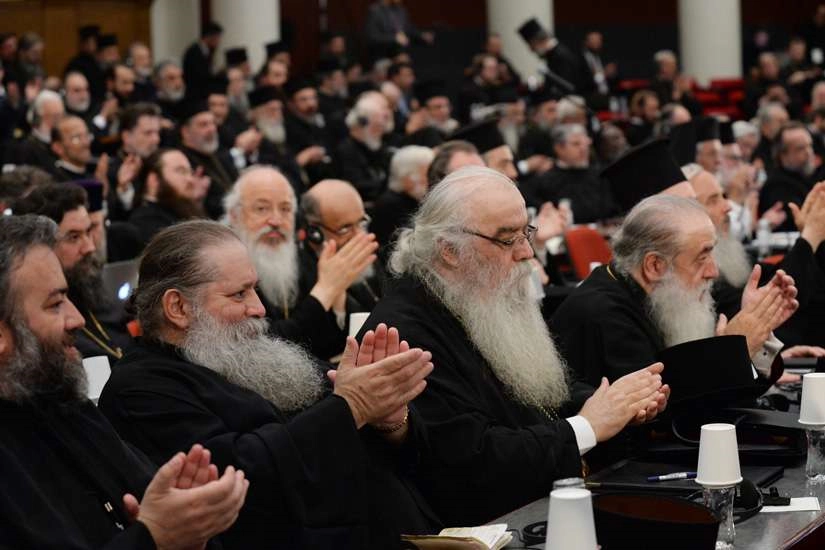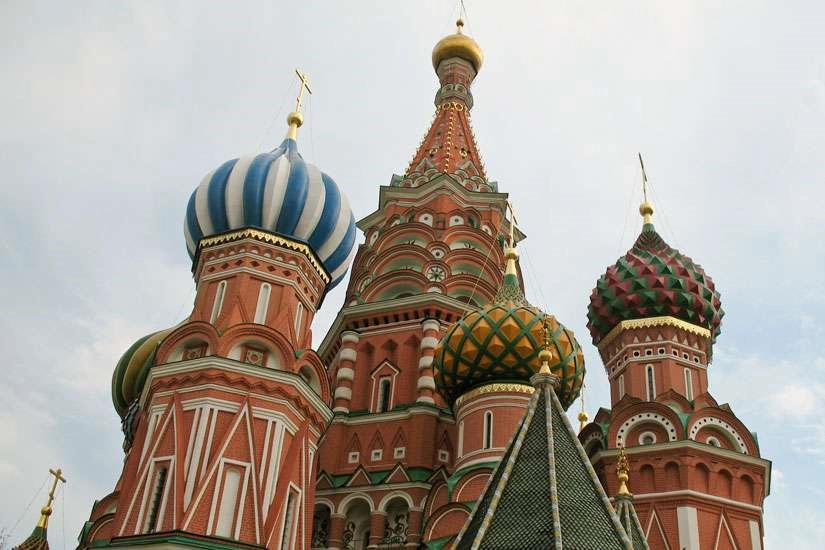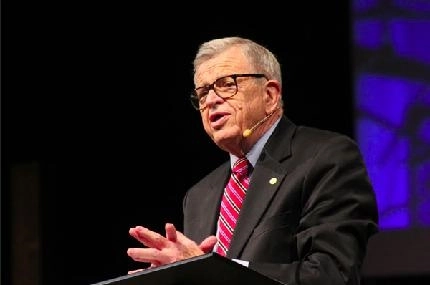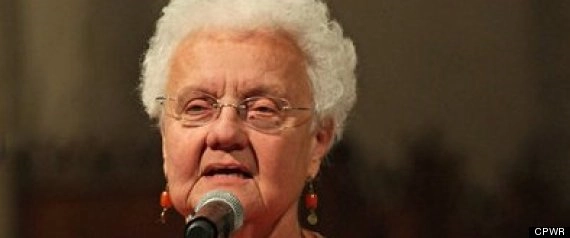- Français
- |
- Booklist
- |
- Week of Prayer
- |
- Links
- Areopagus - a forum for dialogue
- Academic journals
- Acronyms
- Bible tools
- Bibliographies
- Booksellers and publishers
- Churches
- Canadian church headquarters
- Directory of Saskatchewan churches
- Retreat centres
- Saskatchewan church and non-profit agencies
- Ecumenism.net Denominational links
- Anabaptist & Mennonite
- Anglican
- Baptist
- Evangelical
- Independent episcopal
- Lutheran
- Methodist, Wesleyan, and Holiness
- Miscellaneous
- Mormon
- Orthodox (Eastern & Oriental)
- Para-church ministries
- Pentecostal / charismatic
- Presbyterian & Reformed
- Quaker (Society of Friends)
- Roman & Eastern Catholic
- United and uniting
- Documents of Ecumenical Interest
- Ecumenical agencies
- Ecumenical Booklist
- Ecumenical Dialogues
- Glossary
- Human rights
- Inter-religious links
- Justice & peace
- Lectionaries
- Religious news services
- Resource pages
- Search Ecumenism.Net
- |
- Documents
- Ancient & Medieval texts
- Ecumenical Dialogues
- Interreligious
- Anabaptist & Mennonite
- Anglican
- Evangelical
- Lutheran
- Orthodox
- Reformed & Presbyterian
- Roman & Eastern Catholic
- United & Uniting
- Miscellaneous churches
- Canadian Council of Churches (CCC)
- Conference of European Churches (CEC)
- Interchurch Families International Network (IFIN)
- National Council of Churches in Australia (NCCA)
- Lausanne Committee for World Evangelism (LCWE)
- World Council of Churches (WCC)
- Other ecumenical documents
Church traditions
Documents from ecumenical agencies
- |
- Dialogues
- Adventist-Reformed
- African Instituted Churches-Reformed
- Anglican-Lutheran
- Anglican-Orthodox
- Anglican-Reformed
- Anglican-Roman Catholic
- Anglican-United/Uniting
- Baptist-Reformed
- Disciples of Christ-Reformed
- Disciples of Christ-Roman Catholic
- Evangelical-Roman Catholic
- Lutheran-Mennonite
- Lutheran-Mennonite-Roman Catholic
- Lutheran-Reformed
- Lutheran-Roman Catholic
- Mennonite-Reformed
- Mennonite-Roman Catholic
- Methodist-Reformed
- Methodist-Roman Catholic
- Oriental Orthodox-Reformed
- Orthodox-Reformed
- Orthodox-Roman Catholic
- Pentecostal-Reformed
- Prague Consultations
- REC-WARC Consultations
- Roman Catholic-Lutheran-Reformed
- Roman Catholic-Reformed
- Roman Catholic-United Church of Canada
- |
- Quick links
- Canadian Centre for Ecumenism
- Canadian Council of Churches
- Ecumenical Shared Ministries
- Ecumenism in Canada
- Interchurch Families International Network
- International Anglican-Roman Catholic Commission for Unity and Mission
- Kairos: Canadian Ecumenical Justice Initiatives
- North American Academy of Ecumenists
- Prairie Centre for Ecumenism
- Réseau œcuménique justice et paix
- Week of Prayer for Christian Unity
- Women's Interchurch Council of Canada
- World Council of Churches
- |
- Archives
- |
- About us
Archive for category: RNS
Archive pour catégorie : RNS
The Russian Orthodox Church, whose boycott of a major summit of Orthodox Christian leaders in Crete last month threatened to slow down efforts to promote greater unity, has declared the meeting “an important event in the history of the conciliar process.”
The church’s synod, in its official reaction to the June 20-26 Holy and Great Council, also said the meeting could not be called “pan-Orthodox” because four of the 14 independent Orthodox member churches did not attend.
The Moscow Patriarchate, which represents between half and two-thirds of the world’s 300 million Orthodox, has been disputing the summit’s pan-Orthodox character since announcing its boycott in early June. Officials at the council said Russia’s Patriarch Kirill could not come to Crete because archconservatives in his ranks opposed it.
But the synod took a more positive approach by calling the session “an important event” and asking its theological commission to study the six documents the council approved and report back on its findings.
… Read more » … lire la suite »

 Permanent link: ecumenism.net/?p=9498
Permanent link: ecumenism.net/?p=9498
Categories: RNS • In this article: Great and Holy Council, Russian Orthodox, synods

 Lien permanente : ecumenism.net/?p=9498
Lien permanente : ecumenism.net/?p=9498
Catégorie : RNS • Dans cet article : Great and Holy Council, Russian Orthodox, synods
Several American-based religious denominations remain defiant in the face of new laws that would ban them from proselytizing in Russia.
The so-called “Yarovaya laws” make it illegal to preach, proselytize or hand out religious materials outside of specially designated places. The laws also give the Russian government wide scope to monitor and record electronic messages and phone calls.
The package of laws, billed as anti-terrorism measures, were passed by the Russian Duma, or parliament, on June 24, and signed by Russian president Vladimir Putin on July 7.
The United States Commission on International Religious Freedom, a bipartisan government panel which makes policy recommendations, condemned the new laws.
“These deeply flawed anti-terrorism measures will buttress the Russian government’s war against human rights and religious freedom,” Thomas J. Reese, a Jesuit priest and chair of the commission said after the measures were passed. “They will make it easier for Russian authorities to repress religious communities, stifle peaceful dissent, and detain and imprison people.”
… Read more » … lire la suite »

 Permanent link: ecumenism.net/?p=9361
Permanent link: ecumenism.net/?p=9361
Categories: RNS • In this article: human rights, religious freedom, Russia

 Lien permanente : ecumenism.net/?p=9361
Lien permanente : ecumenism.net/?p=9361
Catégorie : RNS • Dans cet article : human rights, religious freedom, Russia
When evangelicals and Catholics set aside centuries of mutual suspicion 20 years ago, the idea was fairly simple: Even if we can’t always work together, at least let’s not work against each other. Now, two decades after the launch of the group Evangelicals and Catholics Together, relations between the two groups appear stronger than ever, forged by shared battles over abortion, same-sex marriage, religious freedom and immigration. A new pope is finding crossover appeal among evangelicals who share Pope Francis’ emphasis on evangelism and his distaste for the fancier trappings and authoritarianism of the papacy. “The first affirmation of Evangelicals and Catholics Together is that Jesus Christ is Lord, and there’s the source of our hope,” Catholic theologian Matthew Levering of Mundelein Seminary outside Chicago told the recent Q conference of evangelical movers and shakers in Nashville, Tenn. “This was an anchor for when they began to discover that we share the same gospel.”
… Read more » … lire la suite »

 Permanent link: ecumenism.net/?p=7547
Permanent link: ecumenism.net/?p=7547
Categories: Evangelical-Roman Catholic Dialogue, RNS • In this article: Catholic, dialogue, Evangelicals, Evangelicals and Catholics Together

 Lien permanente : ecumenism.net/?p=7547
Lien permanente : ecumenism.net/?p=7547
Catégorie : Evangelical-Roman Catholic Dialogue, RNS • Dans cet article : Catholic, dialogue, Evangelicals, Evangelicals and Catholics Together
With the help of pagans, Jains and people of a range of other faiths, the Council for a Parliament of the World’s Religions has raised more than $144,000 in two weeks using a crowdsourcing campaign in a desperate bid to survive a financial crisis. The Chicago-based interfaith network was recently ordered by a U.S. court to pay $276,000 in expenses related to its 2004 meeting in Barcelona, Spain. Deadly train bombings in Madrid months beforehand prompted a drop in expected attendance. The council took out a loan and was involved in a lengthy dispute about how to make up for lost revenue. Mary Nelson, the interim executive director of the council, said the group had raised about half of the funds needed, but individuals and groups who took part in its crowdsourcing campaign have apparently helped her organization survive.
… Read more » … lire la suite »

 Permanent link: ecumenism.net/?p=3667
Permanent link: ecumenism.net/?p=3667
Categories: RNS • In this article: Council for a Parliament of the World's Religions, interfaith, multifaith

 Lien permanente : ecumenism.net/?p=3667
Lien permanente : ecumenism.net/?p=3667
Catégorie : RNS • Dans cet article : Council for a Parliament of the World's Religions, interfaith, multifaith
An estimated 275 Christian leaders are meeting in Indonesia from 4 to 7 October to plot an ecumenical future in what one veteran of the ecumenical movement called a watershed gathering.
Leaders of the fledgling Global Christian Forum (GCF) will gather evangelical, Pentecostal, mainline Protestant, Roman Catholic and Orthodox Christians here to assess recent changes in global Christianity, Religion News Service reports.
… Read more » … lire la suite »

 Permanent link: ecumenism.net/?p=1814
Permanent link: ecumenism.net/?p=1814
Categories: ENI, RNS • In this article: Global Christian Forum

 Lien permanente : ecumenism.net/?p=1814
Lien permanente : ecumenism.net/?p=1814
Catégorie : ENI, RNS • Dans cet article : Global Christian Forum
Even as their churches are riven by internal debates over homosexuality, the two nation’s two largest mainline Protestant denominations agreed Aug. 20 to share ministers and resources in a “full communion” accord.
The agreement, which was approved at the Evangelical Lutheran Church in America’s biennial assembly in Minneapolis, connects the 4.6 million-member ELCA with the United Methodist Church, which has 11 million members.
Church leaders said the measure is more than just feel-good ecumenism. By sharing ministers, missions, and other resources, the accord may toss a lifeline to the two denominations, both of which have steadily lost members for decades.
ELCA delegates voted 958 to 51 in favour of the accord, standing to applaud the measure and sing a celebratory hymn. The United Methodist Church approved the agreement by similarly overwhelming numbers at its General Conference last year.
… Read more » … lire la suite »

 Permanent link: ecumenism.net/?p=7279
Permanent link: ecumenism.net/?p=7279
Categories: RNS • In this article: Evangelical Lutheran Church in America, full communion, United Methodist

 Lien permanente : ecumenism.net/?p=7279
Lien permanente : ecumenism.net/?p=7279
Catégorie : RNS • Dans cet article : Evangelical Lutheran Church in America, full communion, United Methodist
Ecumenical News International and Washington-based Religion News Service (RNS) have launched a shared-content agreement to distribute selected stories from each others’ newswires.
… see more
… Read more » … lire la suite »

 Permanent link: ecumenism.net/?p=570
Permanent link: ecumenism.net/?p=570
Categories: ENI, RNS

 Lien permanente : ecumenism.net/?p=570
Lien permanente : ecumenism.net/?p=570
Catégorie : ENI, RNS




